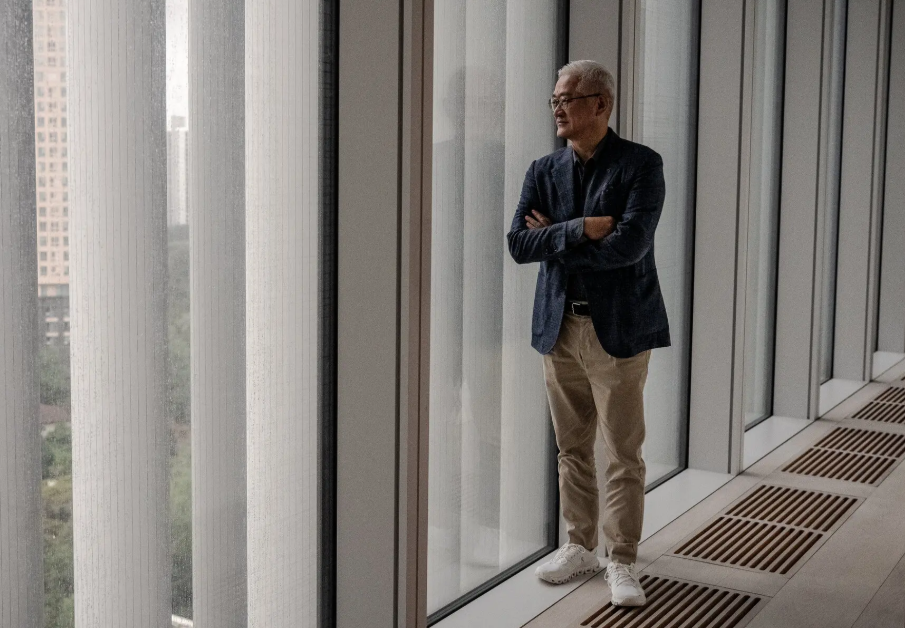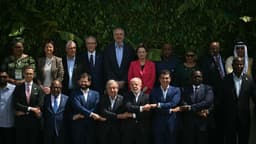Home / Business and Economy / Korean Beauty Brands Soar Globally Amid K-Pop Cultural Wave
Korean Beauty Brands Soar Globally Amid K-Pop Cultural Wave
10 Nov
Summary
- South Korea surpassed the US as world's 2nd-largest cosmetics exporter in 2025
- Amorepacific's sales to the West more than doubled last year
- Korean beauty trends like "glass skin" and snail mucin serum gain global popularity

As of 2025-11-10, South Korea has emerged as a global powerhouse in the cosmetics industry, surpassing the United States to become the world's second-largest cosmetics exporter, after France. This rise has been driven by the growing global popularity of South Korean culture, including music, movies, television shows, and even food.
The country's beauty brands, led by conglomerate Amorepacific, have ridden this "Hallyu" or Korean cultural wave to tremendous success. Amorepacific, which started in 1945 as a small family business, has transformed into an export powerhouse, with its sales to the West, including North America and Europe, more than doubling last year.
This success is partly attributed to the global fascination with Korean beauty trends, such as "glass skin" and the use of innovative ingredients like snail mucin serum. These unique products have gained a strong following among trendsetters and early adopters, especially those with personal connections to South Korean culture. As a result, Korean beauty brands have become thoroughly mainstream, with a significant presence at major retailers like Sephora and Walmart in the United States, as well as across Europe.
While Amorepacific is a major beneficiary of this trend, it also faces stiff competition from hundreds of smaller South Korean brands that are constantly innovating with new products and technologies. The country's cosmetics industry is highly competitive, with South Koreans spending more on beauty products per capita than any other country in the world.



